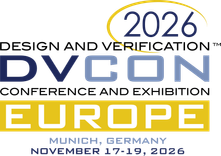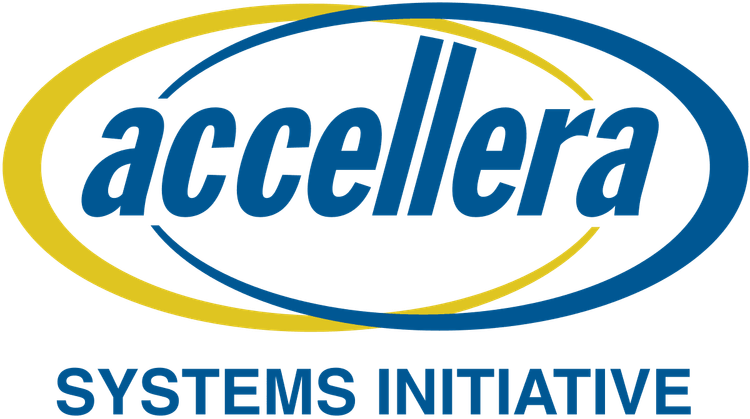In many industries including Automotive, a digital transformation is happening at full speed right now. A digital transformation means that industries renew or replace traditional design and manufacturing approaches by introducing modern infrastructure to achieve a higher level of automation and intelligence with the aim of improving productivity and quality.
Things like creating a digital factory or building a “digital twin” of an electric vehicle are often mentioned as one of the ultimate goals in this digital transformation journey. Another aspect of the transformation is the application of artificial intelligence, AI, to enterprise workflows. However, are these realistic goals and does it really bring something to make everything “digital”, “virtual”, and “intelligent”? In other words, is the digital transformation really addressing a fundamental problem, and where are we in this journey?
The objective of this panel is to take an outside-in and inside-out view, to assess where the automotive industry stands today with respect to embracing new ways of working and introducing new technologies as proposed by these digital transformation and AI initiatives.
The panel discussion will be centered around the following topics and questions:
- Digital twins for vehicles: what does it include? Mechanics, compute, environment, software, …?
- What is the role of AI in automotive manufacturing?
- What is the role of AI in automotive end products?
- Is the automotive industry aligning digital transformation across the entire supply chain, from Tier2 to OEM and beyond, or are these initiatives only happening locally on a per-company level?
- What is the relation to systems-of-systems and/or software engineering in all this?
- What will be the impact on the design and verification community and industry practices? Can we expect more system modeling, simulation, formal, verification, unstructured data, and AI-based methods?





